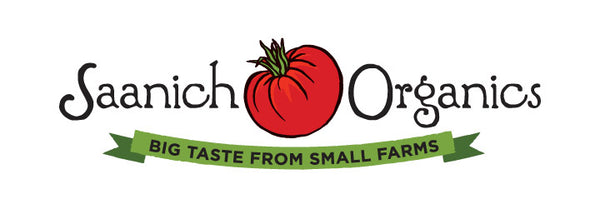Regionally adapted seeds are those that have been grown in a specific area for successive generations, making them uniquely suited to the particular environment where they are grown. Because seeds have the amazing ability to adapt to their conditions, these lineages come to not only survive, but thrive in the conditions of the region. Seed stewards play an active role in this process, selecting the best of each year’s crop to save seed from, and paying special attention to select for plants that perform the best under stressful conditions. The result is a seed that will give you the best plants for your particular soil, climate and ecosystem conditions.
Regionally adapted seed grown by a local seed producer will possess superior traits for the climate in which you’re growing, resulting in better crop health, and ultimately a greater yield from your garden. The consolidation of seed companies and the shipping of seeds across longer distances has turned the focus of large seed distributors away from regionally specific, unique varieties and towards a smaller number of varieties that perform the most consistently across an entire continent. This has contributed to a decrease in agricultural biodiversity and the loss of unique crop varieties. Small-scale seed growers across the world are working to push back against this trend by maintaining regionally-adapted, open-pollinated seed lineages. We know that well-tended open-pollinated seeds can outperform even hybrid varieties, and are dedicated to the work of bolstering the genetic offerings of our seeds to give growers in our region the best crops possible.
When you grow regionally adapted seeds from your local organic seed farm, you support farmers working to strengthen the biodiversity of the region you call home, you contribute to the deep lineages of seed stewardship that have carried humans since the dawn of agriculture, and you support seed sovereignty by keeping your seed supply open-pollinated and rooted in your community.

